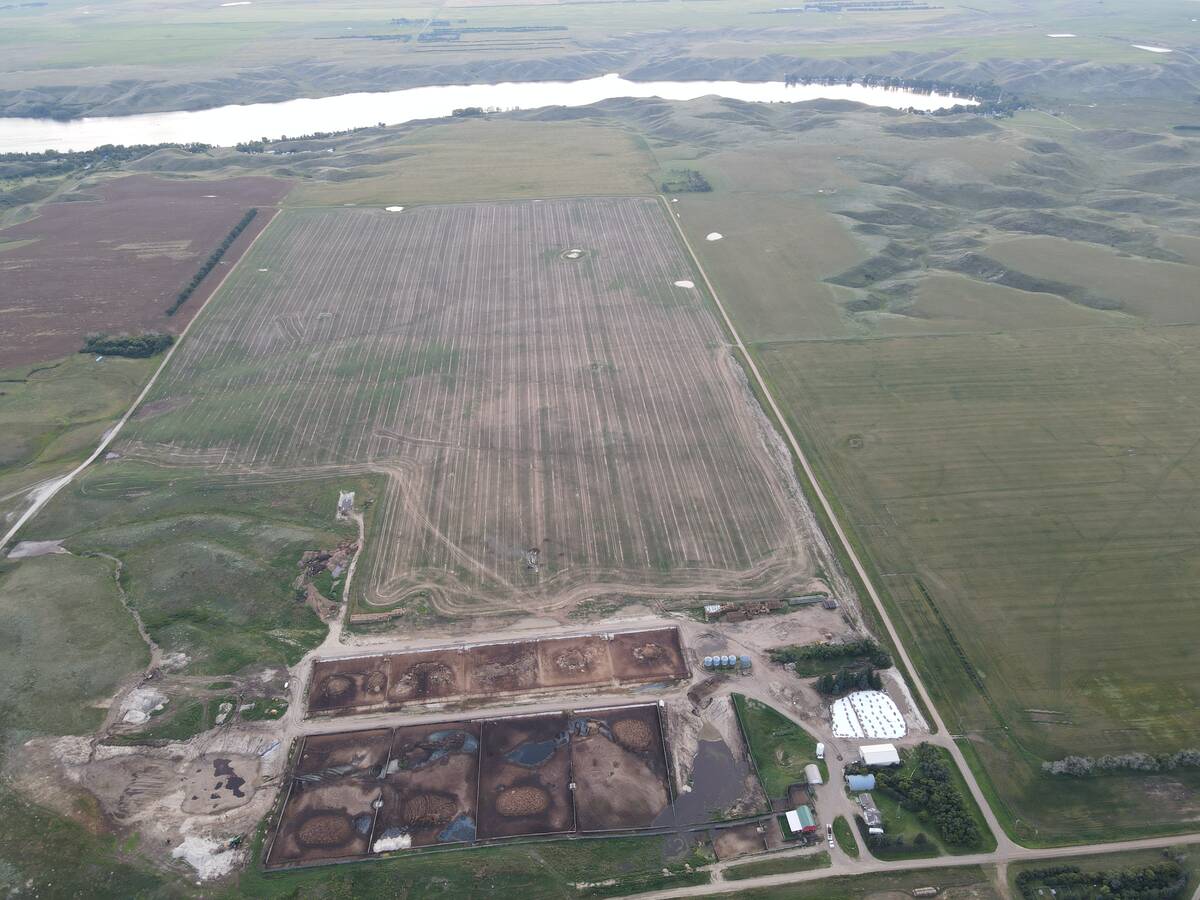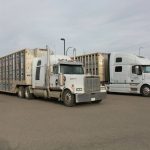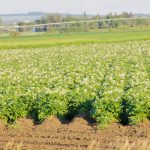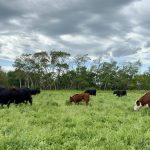Agriculture ministers from more than 40 countries meeting in Paris last week agreed that stronger trade ties will help feed a growing population.
They also urged quick ratification of the Comprehensive Economic and Trade Agreement between Canada and the European Union.
Canada has said the agreement is likely to be implemented next year.
Federal Agriculture Minister Lawrence MacAulay said the meeting, held by the Organization for Economic Co-operation and Development, discussed CETA but did not talk about of the Doha round of World Trade Organization talks, which many believe is dead.
Read Also

Saskatchewan RM declines feedlot application, cites bylaws
Already facing some community pushback, a proposed 2,000-head cattle feedlot south of Swift Current, Sask., has been rejected for a municipal permit, partly over zoning concerns about the minimum distance from a residence.
He said the ministers “generally discussed a market-based agricultural system to make sure it’s a fair and open multilateral trading system” that is efficient, profitable, environmentally healthy and creates food security.
MacAulay also met for bilateral talks with his EU counterpart, Phil Hogan, and French minister Stephane Le Foll.
“I stressed to both ministers the importance of science-based decision-making on regulatory issues,” he told reporters in a conference call from Paris April 8.
MacAulay said ministers and officials discussed how better policies could achieve a productive, sustainable and resilient global food system.
Sharing expertise in science and innovative technology can strengthen trade ties and support sustainable agricultural practices, he said.
“My message to Canada’s customers is clear: Canada can meet their demands for safe, high-quality sustainable food,” MacAulay said.
At the meeting, Canada and the EU also expanded their organic equivalency agreement to include wine. Wine certified as organic in either Canada or the EU can now be labelled and sold in both markets.
The agreement had previously allowed the EU to import only products that were grown or processed entirely in Canada. These products can now contain organic ingredients from other countries.















